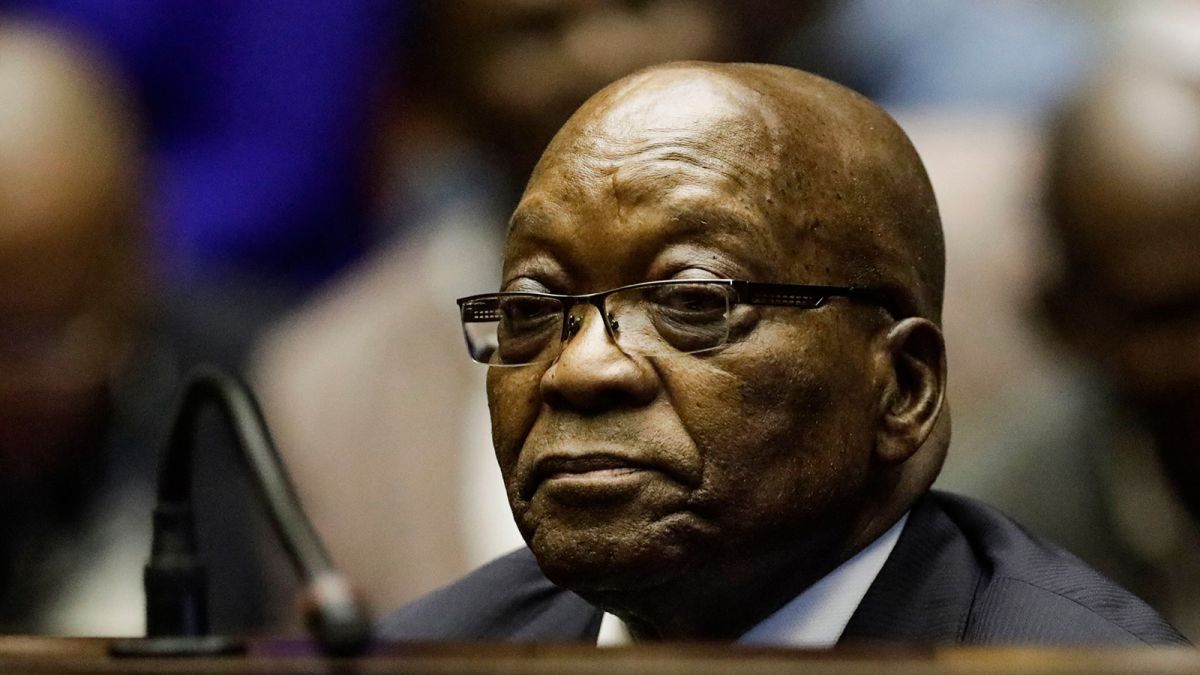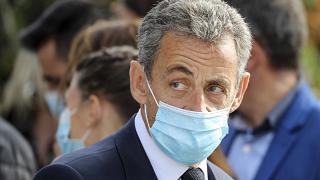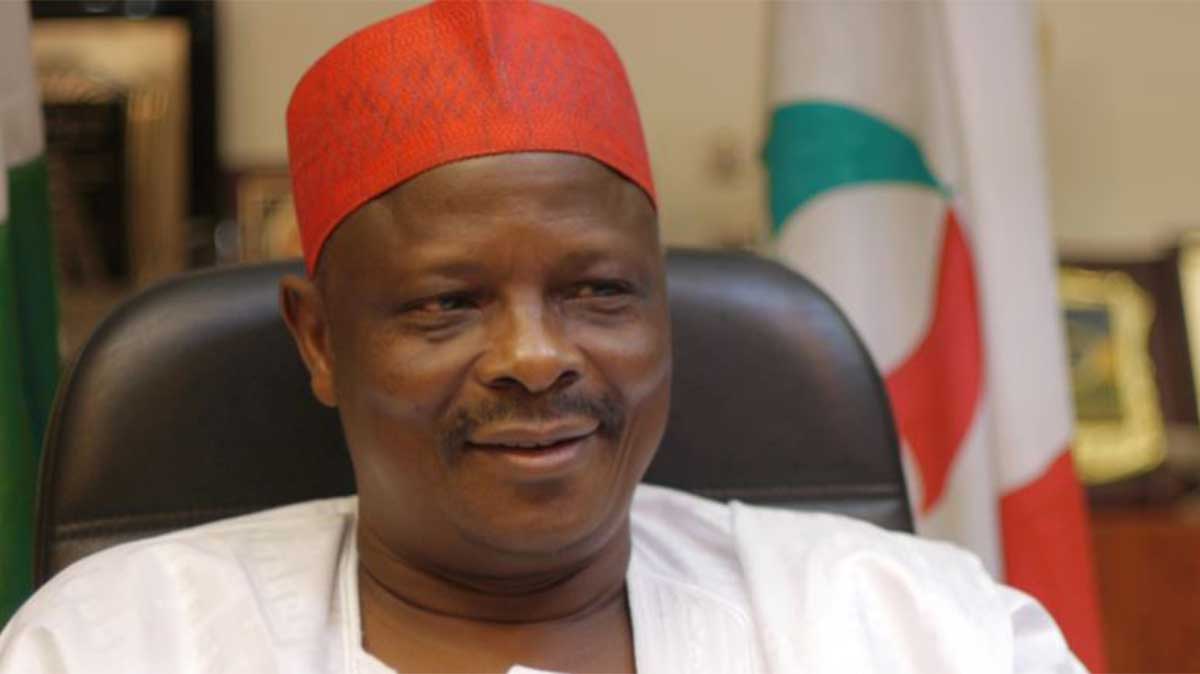South Africa’s former president Jacob Zuma, jailed for 15 months in July for contempt of court after snubbing graft investigators, was on Sunday, 5 Se
South Africa’s former president Jacob Zuma, jailed for 15 months in July for contempt of court after snubbing graft investigators, was on Sunday, 5 September, granted medical parole, prison authorities announced.
Zuma has been hospitalized since August 6 at a health facility outside the prison where he had been incarcerated for ignoring a court order to testify before a judicial panel probing corruption during his nine-year tenure which lasted until 2018.
The Department of Correctional Services said in a statement on Sunday that “Mr. Jacob Gedleyihlekisa Zuma has been placed on medical parole”.
According to AFP, the parole took effect on Sunday and he will serve out the rest of the 15-month prison sentence outside jail.
“Medical parole placement for Mr. Zuma means that he will complete the remainder of the sentence in the system of community corrections, whereby he must comply with a specific set of conditions and will be subjected to supervision until his sentence expires,” it said.
The decision to grant parole was motivated “by a medical report” the department received, it said.
The 79-year-old was admitted to the hospital for observation on August 6 for an undisclosed condition, and underwent a surgical procedure on August 14. He remains hospitalized.
Prison authorities appealed to South Africans to “afford Mr. Zuma dignity as he continues to receive medical treatment”.
He started serving his sentence on July 8 at the Estcourt prison, around 180 kilometers (110 miles) northwest of Durban. Two weeks later, he was allowed to leave prison to attend his brother’s funeral at his Nkandla rural home.
His jailing sparked a spree of unprecedented violence and looting of businesses and shops in post-apartheid South Africa, resulting in millions of dollars worth of damage and losses.
His successor Cyril Ramaphosa described the unrest as an orchestrated attempt to destabilize the country and vowed to crack down on alleged instigators.
Meantime, Zuma’s long-running corruption trial over an arms deal dating back more than two decades was last month postponed to September 9, pending a medical report on his fitness to stand trial.
Proceedings have repeatedly been postponed for more than a decade as Zuma fought to have the charges dropped.
Zuma faces 16 counts of fraud, graft, and racketeering related to the 1999 purchase of fighter jets, patrol boats, and equipment from five European arms firms when he was deputy president.
He is accused of taking bribes from one of the firms, French defense giant Thales, which has been charged with corruption and money laundering.


